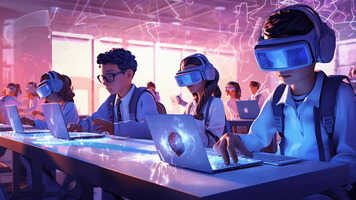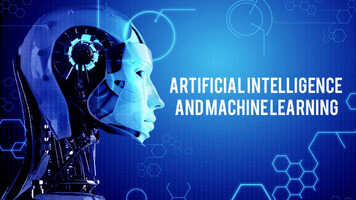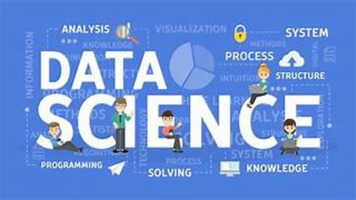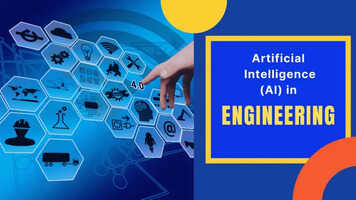The Prospects of Educational Simulations and Digital Labs
Digital labs plus virtual trials change how students learn by doing things actively.Education is shifting fast because of technology. Traditional classrooms are no longer the only learning spaces, as virtual experiments and web-based labs are joining in. Instead of just reading textbooks, students can now dive into topics through active participation.
In India, learners aiming for careers in science or engineering are finding new opportunities to build real-world skills thanks to these digital advancements.
What Are Educational Simulations and Digital Labs?
Educational simulations are online learning games that replicate how things work in real life. For example, students can mix substances, test forces, or build gadgets safely, all on a screen.
Digital labs provide a simulated space where experiments happen online. These setups mimic real equipment, layouts, and even environmental factors like temperature changes. Students can repeat experiments, make mistakes without risk, and learn faster by doing.
Both tools combine theory with practice, making learning more engaging and effective.
Benefits for Students
- A safe environment: Virtual labs eliminate risks like injuries, chemical spills, or broken equipment.
- Cost-effective: Online experiments save money by avoiding the need for expensive gear and materials.
- Anytime, anywhere access: Students can use virtual labs from anywhere, which is convenient for online learners or those in areas with limited school facilities.
- Instant feedback: Many simulations show real-time outcomes, helping students grasp concepts quickly by visualizing results as they happen.
- Better understanding: Learners often retain information more effectively when they see processes in action, especially in subjects like physics or biology.
Applications in Education
- Educational simulations and digital labs are being used across a variety of fields:
- Science: Experiment with chemical reactions, test physics principles, or explore biological systems in action.
- Engineering: Build circuits, write and test code, or experiment with robotics and mechanical systems.
- Medical and healthcare: Access virtual dissection rooms, surgery simulators, or diagnostic practice platforms.
- Business and economics: Model market behavior, simulate financial decisions, and study economic systems.
Many Indian institutions, including IITs, NITs, and private universities, are now integrating virtual labs into their curricula. This helps students gain practical experience even where physical lab access is limited.
Future Prospects
The growth of virtual classrooms means hands-on digital learning could soon become mainstream across India. As tech-driven study apps and smart tutoring systems gain popularity, students can test ideas through interactive experiments rather than relying solely on books.
Young learners interested in science or technology can benefit greatly from simulation-based learning. These programs build practical problem-solving skills useful in labs, product development, or fast-evolving tech jobs.
Conclusion
Learning through virtual labs is transforming education. These tools turn lessons into hands-on, risk-free, and accessible experiences that boost understanding and skill development.
For Indian students pursuing science, engineering, or technology, adopting these new learning methods can enhance both academic performance and career readiness.
As technology evolves, digital simulations and virtual labs are set to reshape how schools teach. Those who embrace these innovations early will be better equipped to meet modern learning and workplace challenges.
Latest Articles

The Prospects of Educational Simulations and Digital Labs
UniList Desk
Nov 04 2025
5 Interesting Career Choices for Journalism Students in Future
UniList Desk
Nov 04 2025
Advances in Computer Engineering: AI, Machine Learning, and Beyond
UniList Desk
Nov 04 2025
Career Opportunities After Studying Architecture
UniList Desk
Nov 04 2025
Data Science's Place in Contemporary Research
UniList Desk
Nov 04 2025
The Role of Artificial Intelligence in Engineering Design
UniList Desk
Nov 03 2025
Best Study Material for SSC CGL 2026 Preparation
UniList Desk
Nov 03 2025
Common Mistakes UPSC Aspirants Make During Preparation
UniList Desk
Nov 03 2025
Careers in Advanced Material Science for IIT Graduates
UniList Desk
Nov 03 2025
Top Rising MBA Specializations That You Can't Overlook
UniList Desk
Nov 03 2025
Learn More, Grow Faster
Get Updates Straight to Your Inbox!